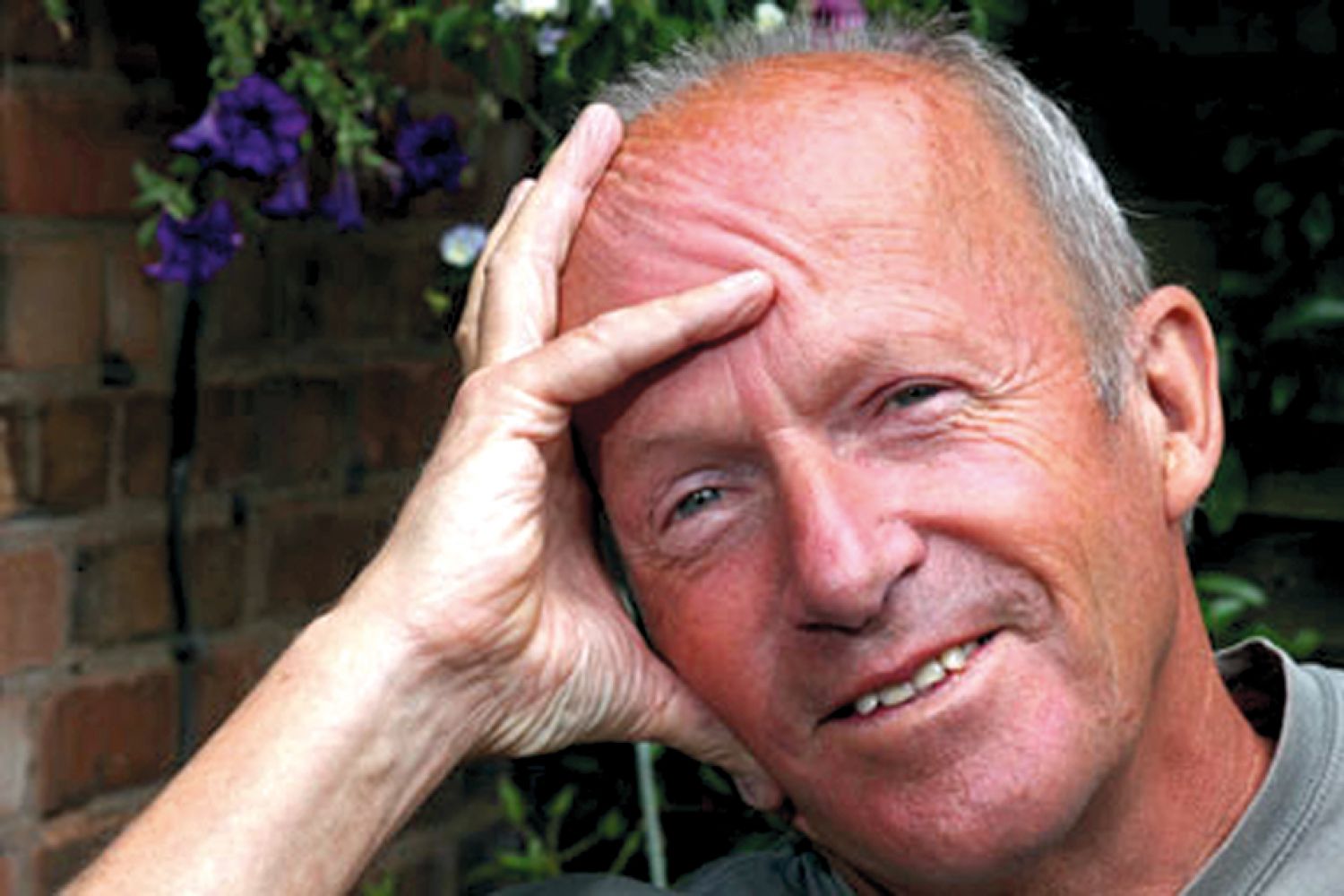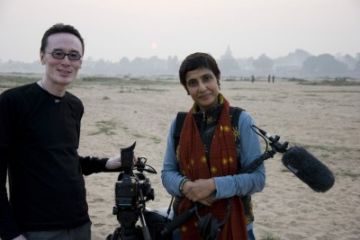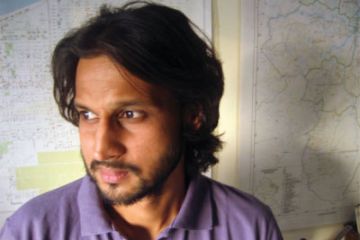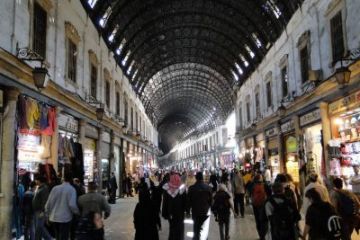
As I wait at the
Redditch train station, I’m tempted to pinch myself. One of the greatest
writers in the world is about to pick me up and host me for lunch at the
country cottage into which he and his wife have recently moved.Jim Crace carries his
accolades lightly. When I met him for the first time, in Madras, he was more
excited about a bird-watching expedition in Mahabalipuram than the success of
his latest novel, Harvest.He loves joking at his
own expense. His books are as tender as





